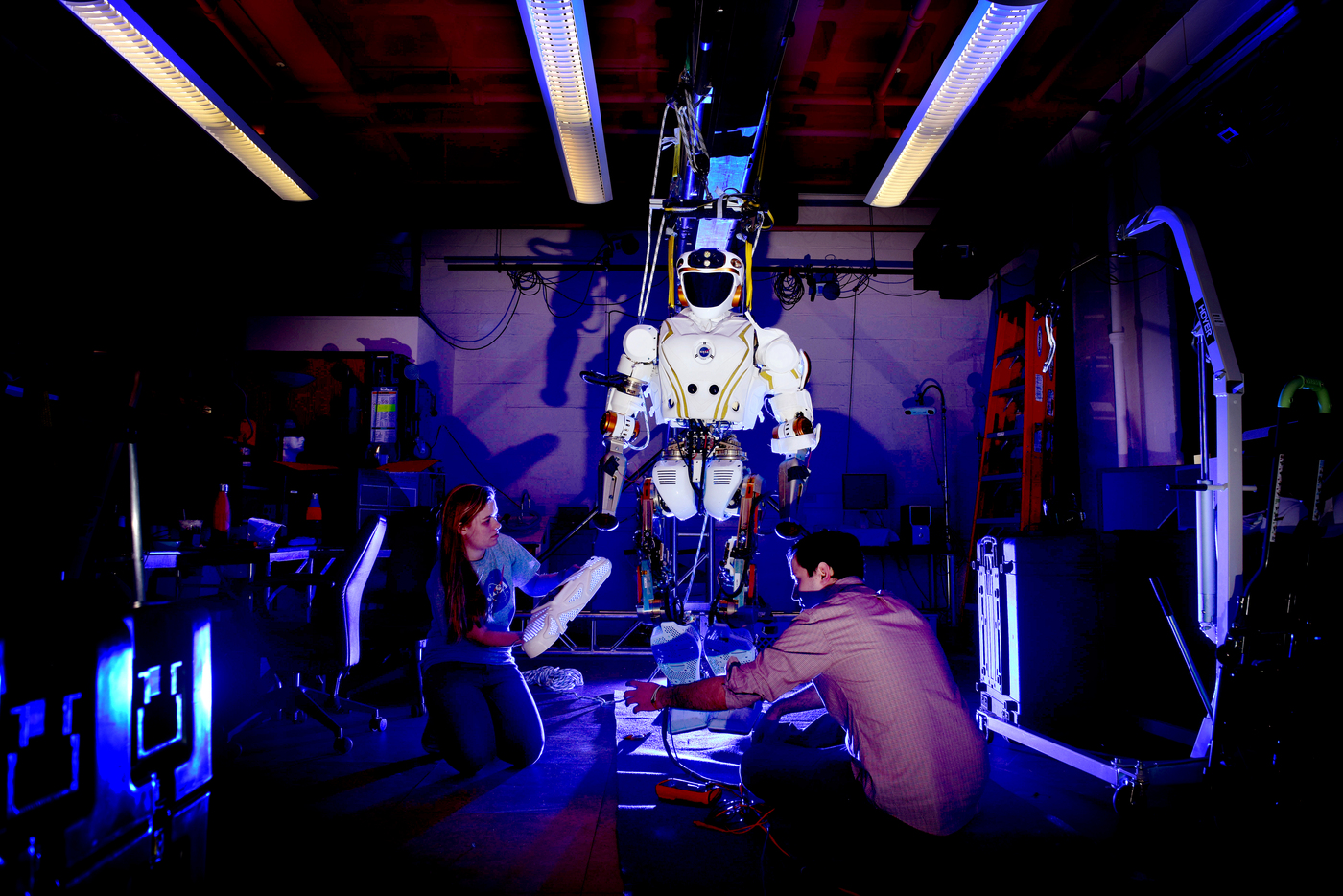
Northeastern’s Institute for Experiential Robotics
Integrating human experience into the design and development of autonomous and robotic systems to ensure seamless collaboration
About the institute
Experiential Robotics is focused on the development of robots able to learn and adaptively execute autonomous behaviors from human partners and/or other robots. Experiential robotics identifies and studies use-driven research problems at the intersection of collective human-robot experience, including:
- Safe and reliable manipulation of tools and objects
- Machine learning for dexterous manipulation of novel objects
- Bilateral learning in human-robot interaction
- Robust inference of human intent
- Advanced understanding of human movement
- Secure and resilient autonomous systems
- Personalized human-robot collaboration
- Ethics of autonomous robots in support of humans
- Adaptive robot navigation in human environments
- Socioeconomic impact of collaborative robots on human work
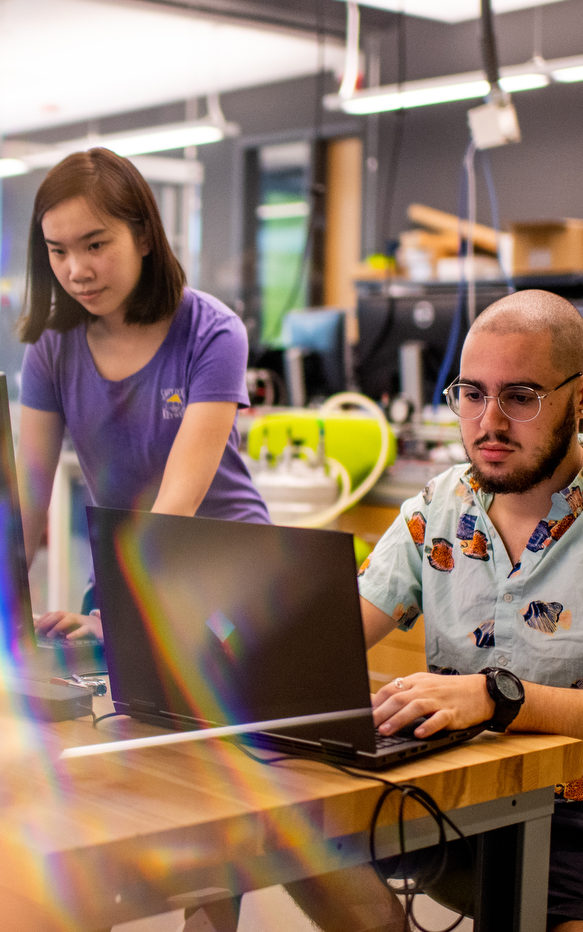
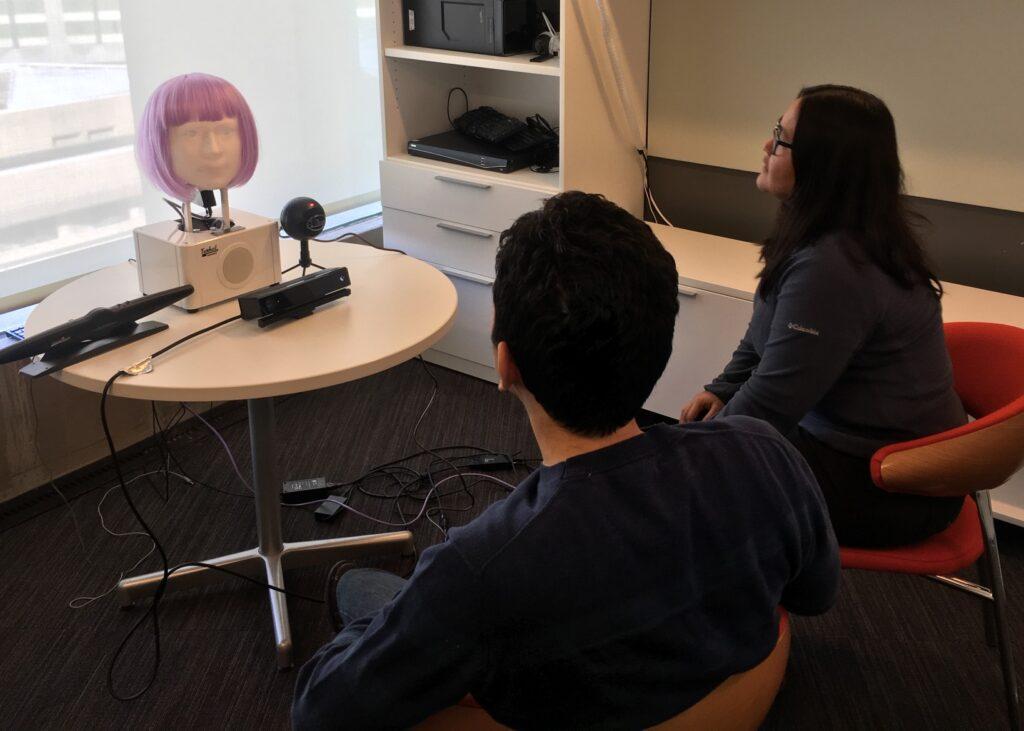
Experiential Robotics addresses these interdisciplinary research questions to advance the capabilities of autonomous robots to perform everyday tasks in collaboration with humans
Widespread adoption of autonomous robots in a broad range of human environments relies on robust robot performance and robots’ ability to adapt to uncertainties inherent in everyday human experience, safety protocols, human comfort, and social factors.
IER research is organized into five thrusts:
- Human-robot teaming
- Embodied artificial intelligence
- Systems, design, and control
- Ethics and policy, economics and global frameworks
- Secure and privacy preserving robotics
Interdisciplinary IER teams, in collaboration with our partners, are working on numerous projects with applications from health, sustainability, security, manufacturing and future of work.
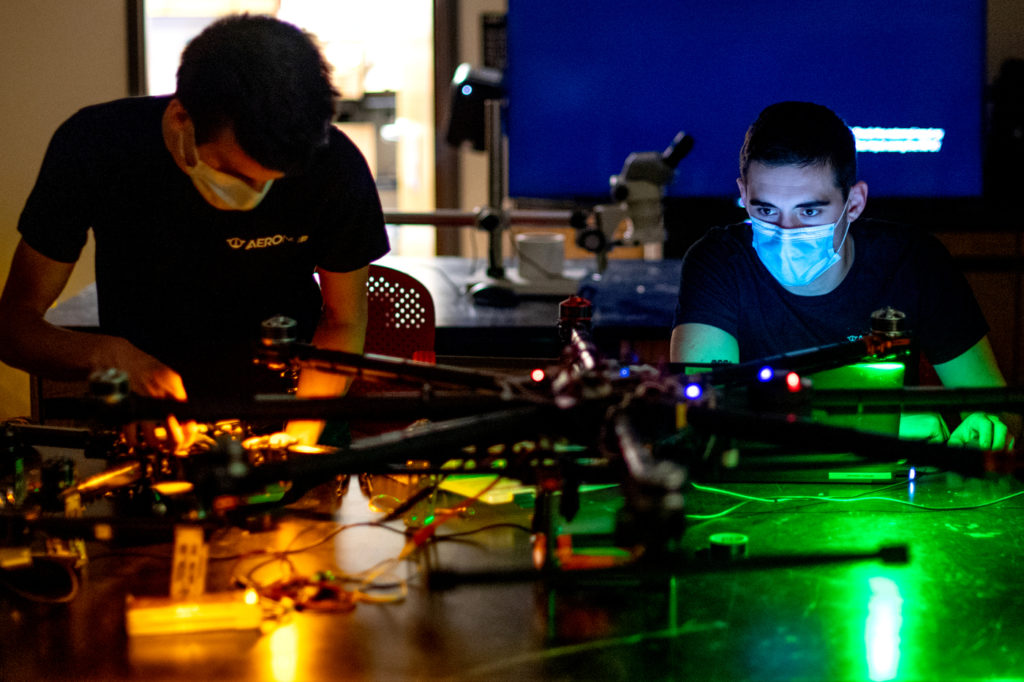
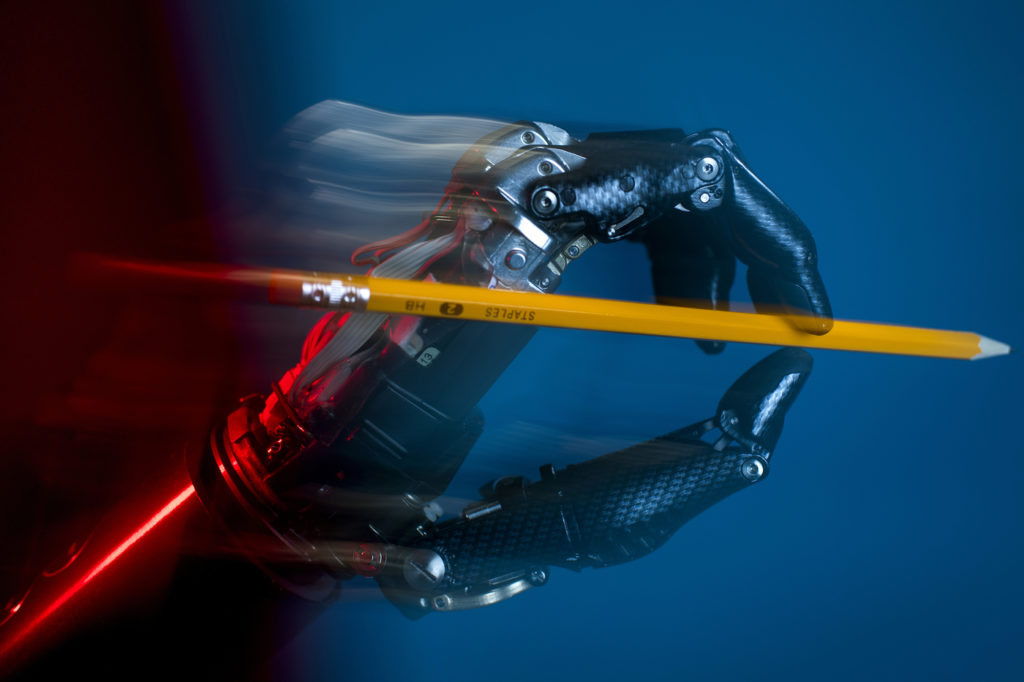
Here at the Institute for Experiential Robotics, we envision the following four elements as our guiding principles.
- Measure, Validate, and Improve the Human-Robot Experience
- Robots that can Learn from Human Experience
- Robots that can Learn from Each Other
- Applied and Adopted to Real-World Problems and Human Experience